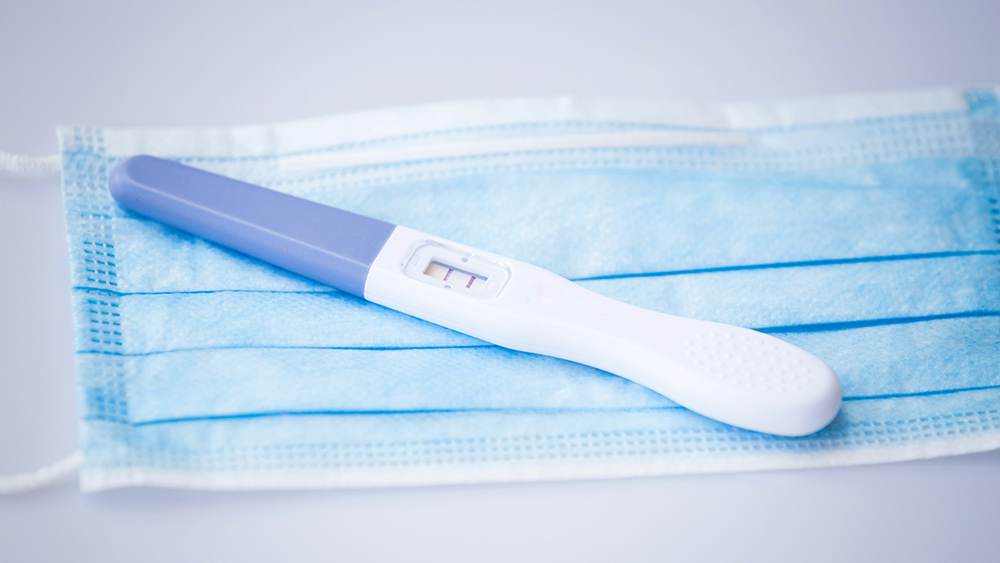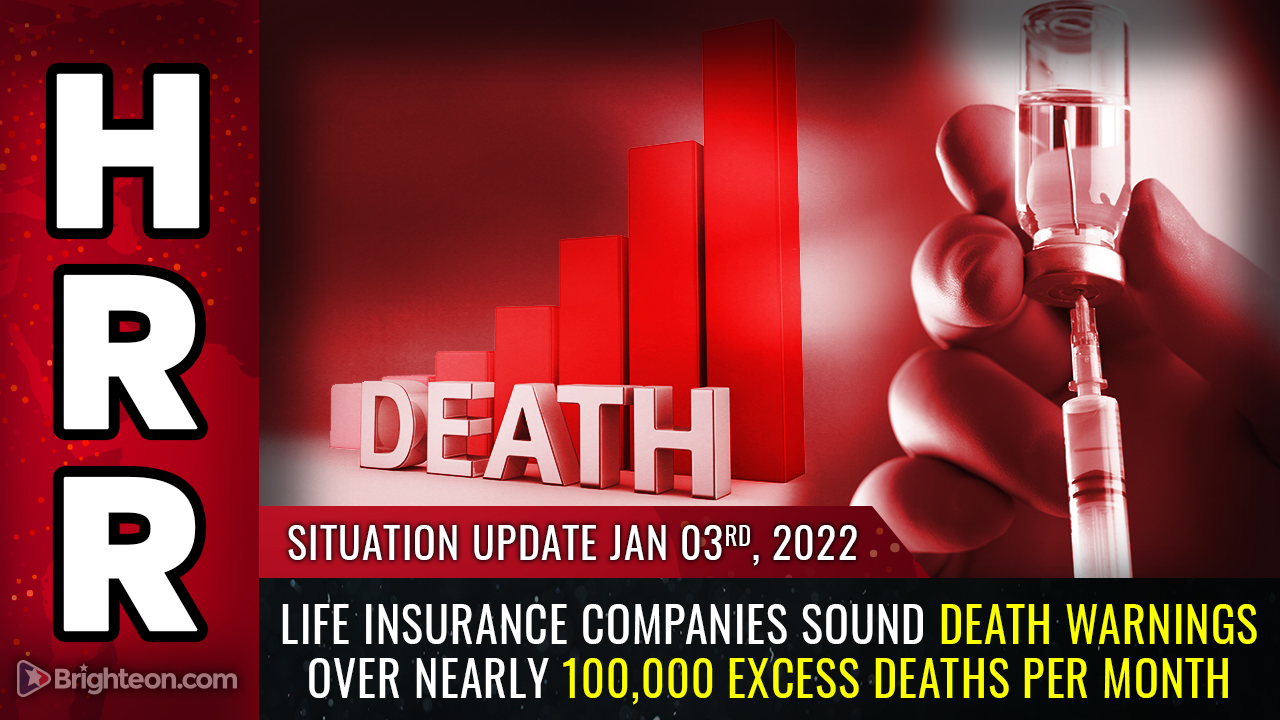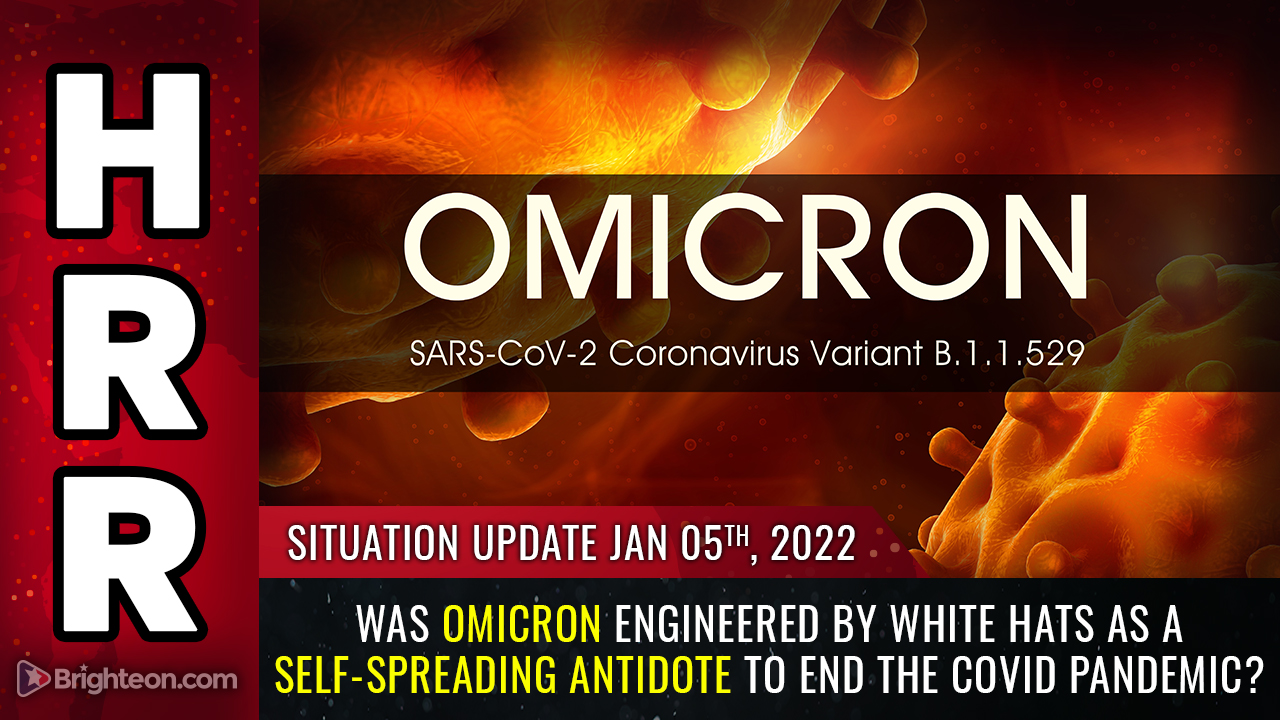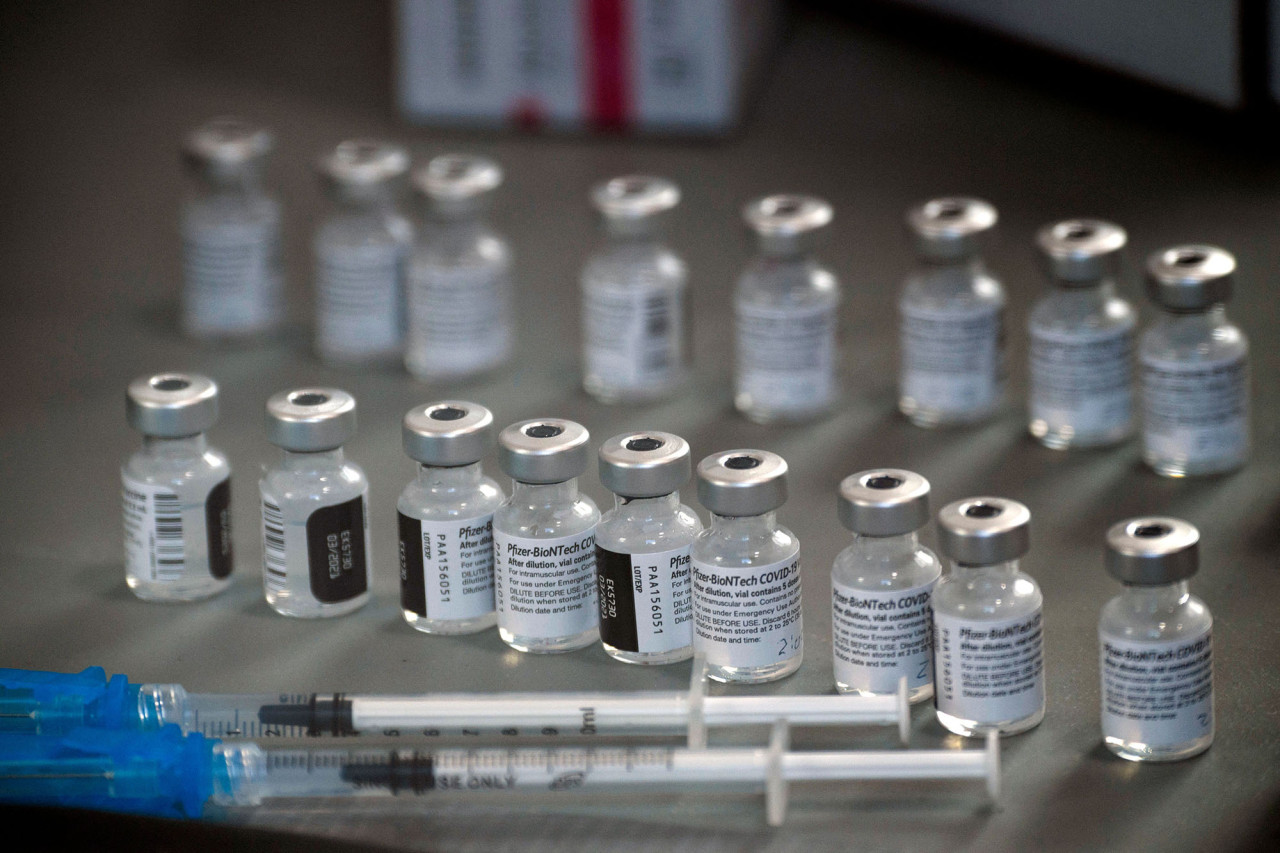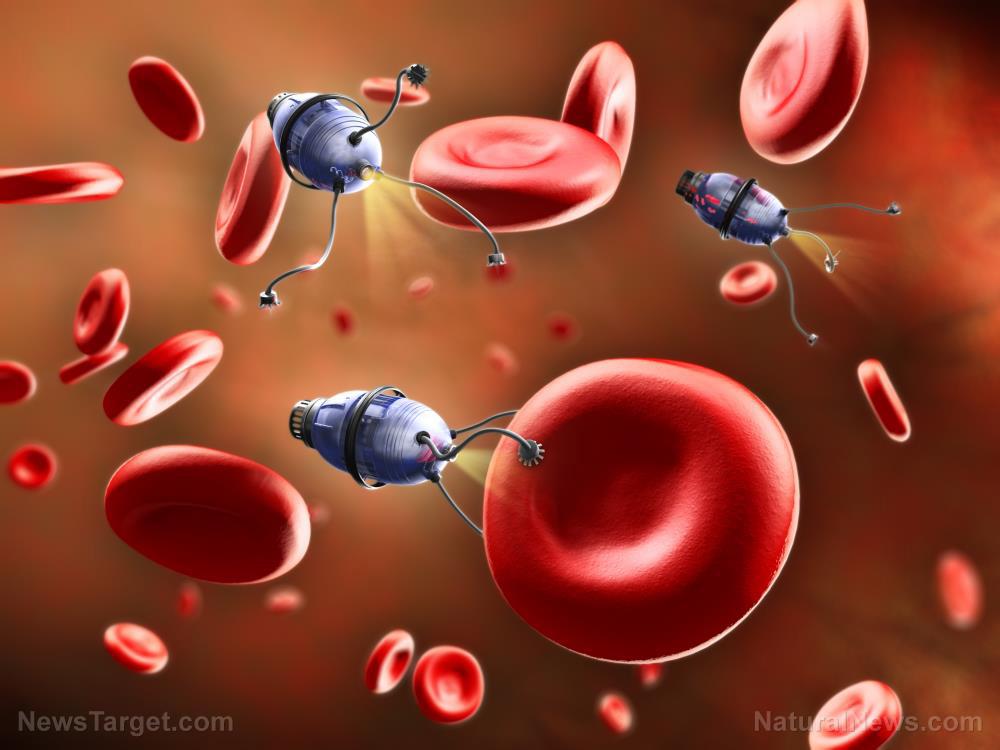Vaccinated people show symptoms similar to those diagnosed with COVID-19… a “pandemic of the vaccinated?”
12/13/2021 / By Olivia Cook

A new study found that the side effects of Wuhan coronavirus (COVID-19) vaccines are difficult to distinguish from early symptoms of the virus itself. Researchers at King’s College London noted that “some individuals experience systemic symptoms post-vaccination, which overlap with COVID-19 symptoms.”
The study was published in the eClinical Medicine journal.
Scientists compared early post-vaccination symptoms in individuals who subsequently tested positive or negative for SARS-CoV-2, using data from the COVID Symptom Study (CSS) app. Formerly known as the COVID Symptom Tracker, CSS is an epidemiological research mobile app developed in the United Kingdom.
The study analyzed data from 362,770 users of the CSS App in the U.K. aged 16 to 90 years old, who had been vaccinated between Dec. 8, 2020 and May 17, 2021, and who subsequently reported at least one symptom associated with COVID-19 within the first seven days of vaccination besides those frequently reported at the injection site.
Of these, 14,842 people took a PCR or lateral flow test, and 150 people (one percent) subsequently reported being positive for COVID-19.
The researchers used machine learning models to review a comprehensive list of 28 symptoms associated with the virus, as well as to identify the differences between early COVID-19 and post-vaccination side effects.
They also analyzed the data using just the three core symptoms emphasized by the U.K.’s National Health Service: a high temperature, new continuous cough and loss or change in sense of smell or taste.

According to the researchers, the machine learning models found it difficult to differentiate between symptoms in people diagnosed with COVID-19 and symptoms caused by the vaccine.
“Differentiating post-vaccination side-effects alone from early COVID-19 was challenging, with a sensitivity in identification of individuals testing positive of 0.6 at best. Most of these individuals did not have a fever, persistent cough, or anosmia/dysosmia, requisite symptoms for accessing UK testing; and many only had systemic symptoms commonly seen post-vaccination in individuals negative for SARS-CoV-2 (headache, myalgia, and fatigue),” they wrote.
The researchers concluded that post-vaccination symptoms cannot be distinguished with clinical confidence from early SARS-CoV-2 infection. (Related: Excess deaths from COVID vaccines log 30% increase compared to pre-pandemic average.)
Participants in vaccine trials reported symptoms
Phase 3 trial participants who received either Pfizer, Moderna or other COVID vaccines reported uncomfortable symptoms, which were intense at times but often went away after 24-48 hours since receiving their vaccine doses.
Low-grade to high fever, chills, sweating, general body aches and pains, migraines and exhaustion are some of the symptoms commonly reported by the participants. In its preliminary results, AstraZeneca reported that its vaccine produced less severe side effects than its competitors.
The U.K.’s Medicines and Healthcare Products Regulatory Agency (MHRA) reported that more than 1 in 10 people only had mild or moderate reactions to the COVID-19 vaccine they received – pain at the injection site, general body malaise, headache, muscle and joint pains and fever. These side effects were usually reported less frequently in people aged 55 or older than in younger people, and disappeared within 48 hours or less.
People’s reactions to the approved and authorized COVID-19 vaccines differed. Some said they experienced no side effect whatsoever, except for the typical redness, some itchiness or slight swelling at the injection site, which lasted just a few hours. Others complained of increases in body temperature, feelings of weakness or sluggishness, drowsiness, nausea, dizziness, thirst, headaches and body and joint pains, among other flu-like symptoms.
Aside from these, serious adverse events have also been reported following injection with mRNA vaccines. Back in June, a sudden increase in myocarditis cases among adolescents and young adults who received their second dose of experimental vaccines prompted the CDC to investigate vaccine-related heart conditions.
Follow Vaccines.news for more news and information related to COVID-19 vaccines.
Sources include:
Tagged Under: AstraZeneca, Big Pharma, coronavirus, covid-19, COVID-19 symptoms, flu-like symptoms, Johnson & Johnson, pandemic, Pfizer, pharmaceutical fraud, research, side effects, vaccine injury, vaccines






